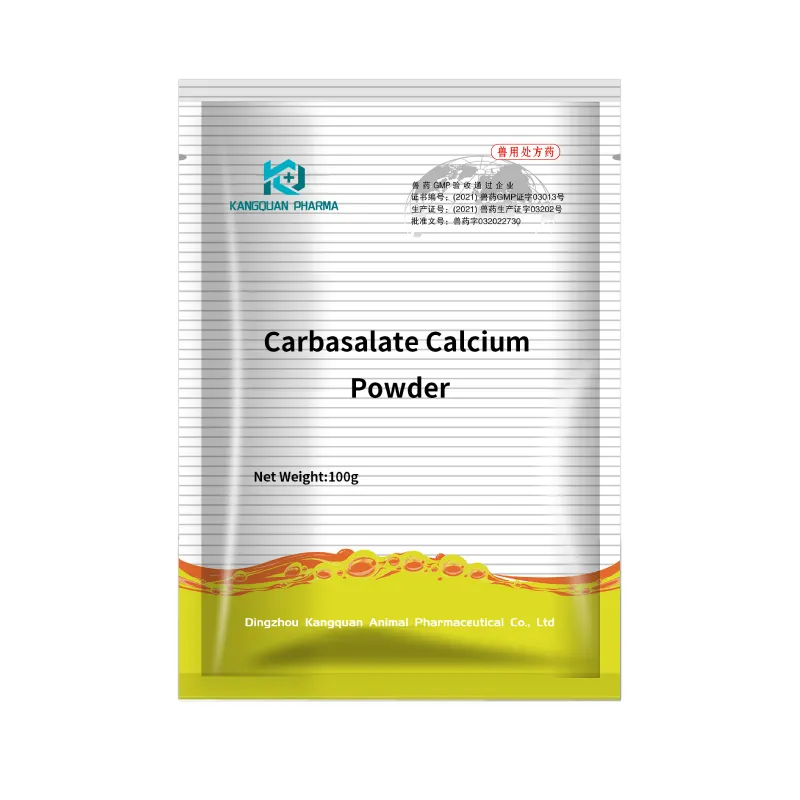- Afrikaans
- Albanian
- Amharic
- Arabic
- Armenian
- Azerbaijani
- Basque
- Belarusian
- Bengali
- Bosnian
- Bulgarian
- Catalan
- Cebuano
- Corsican
- Croatian
- Czech
- Danish
- Dutch
- English
- Esperanto
- Estonian
- Finnish
- French
- Frisian
- Galician
- Georgian
- German
- Greek
- Gujarati
- Haitian Creole
- hausa
- hawaiian
- Hebrew
- Hindi
- Miao
- Hungarian
- Icelandic
- igbo
- Indonesian
- irish
- Italian
- Japanese
- Javanese
- Kannada
- kazakh
- Khmer
- Rwandese
- Korean
- Kurdish
- Kyrgyz
- Lao
- Latin
- Latvian
- Lithuanian
- Luxembourgish
- Macedonian
- Malgashi
- Malay
- Malayalam
- Maltese
- Maori
- Marathi
- Mongolian
- Myanmar
- Nepali
- Norwegian
- Norwegian
- Occitan
- Pashto
- Persian
- Polish
- Portuguese
- Punjabi
- Romanian
- Russian
- Samoan
- Scottish Gaelic
- Serbian
- Sesotho
- Shona
- Sindhi
- Sinhala
- Slovak
- Slovenian
- Somali
- Spanish
- Sundanese
- Swahili
- Swedish
- Tagalog
- Tajik
- Tamil
- Tatar
- Telugu
- Thai
- Turkish
- Turkmen
- Ukrainian
- Urdu
- Uighur
- Uzbek
- Vietnamese
- Welsh
- Bantu
- Yiddish
- Yoruba
- Zulu
8 月 . 21, 2024 09:34 Back to list
Recommended Injectable Ivermectin Dosage Guidelines for Dogs and Its Safety Considerations
Injectable Ivermectin Dosage for Dogs An Overview
Ivermectin is a widely used antiparasitic medication that is effective against a variety of parasites, including mites, worms, and certain types of lice. While it is commonly recognized for its use in both human and veterinary medicine, administering injectable ivermectin to dogs requires careful consideration of dosage, safety, and underlying health conditions.
Understanding Ivermectin
Ivermectin functions by targeting and disrupting the nervous system of parasites, leading to their paralysis and eventual death. In veterinary medicine, it is often employed to treat heartworm disease, certain types of mange, and gastrointestinal parasites. However, it is crucial to note that not all dogs can tolerate ivermectin, particularly certain breeds like Collies, which may have a genetic sensitivity to the drug.
Dosage Guidelines
When it comes to the injectable form of ivermectin, the dosage can vary based on the condition being treated, the weight of the dog, and its overall health. The standard dosage for dogs usually falls within the range of 0.1 to 0.2 mg/kg (milligrams per kilogram) of body weight. This means that a dog weighing 10 kg might receive a dose of 1 to 2 mg of ivermectin. However, for specific conditions, especially heartworm treatment, the dosage may be adjusted, and the administration should always be carried out under the supervision of a veterinarian.
Administration and Frequency
injectable ivermectin dosage for dogs

Injectable ivermectin is typically administered subcutaneously or intramuscularly, depending on the veterinary preference and the specific needs of the dog. The frequency of administration may be determined by the particular health issue being addressed; for instance, heartworm treatment may necessitate one initial injection followed by subsequent doses over a specific timeline.
Safety and Precautions
Before administering injectable ivermectin, it is vital to conduct a thorough health assessment of the dog. Factors such as age, weight, breed, and any underlying health conditions should be evaluated. Vets often perform blood tests to ensure there are no pre-existing issues that could lead to complications. Additionally, the use of ivermectin should be avoided in animals with certain conditions, including liver disease or a prior history of adverse reactions to the drug.
Side effects, although rare, can include lethargy, vomiting, tremors, and in severe cases, neurologic symptoms. If any adverse reactions occur post-administration, immediate veterinary attention is required. Monitoring the dog after injection for any unusual behavior or symptoms is crucial.
Conclusion
Injectable ivermectin can be an effective option for treating various parasitic infections in dogs when used appropriately. However, the importance of proper dosage, understanding potential risks, and close veterinary supervision cannot be overstated. Pet owners should never attempt to self-administer ivermectin without the guidance of a veterinarian, as each dog's situation is unique. By ensuring the appropriate use of this medication, pet owners can contribute to their dog's health and wellbeing while effectively combating parasitic infections. Always seek professional veterinary counsel to ensure safe and effective treatment options for your beloved canine companions.
-
The Power of Radix Isatidis Extract for Your Health and Wellness
NewsOct.29,2024
-
Neomycin Sulfate Soluble Powder: A Versatile Solution for Pet Health
NewsOct.29,2024
-
Lincomycin Hydrochloride Soluble Powder – The Essential Solution
NewsOct.29,2024
-
Garamycin Gentamicin Sulfate for Effective Infection Control
NewsOct.29,2024
-
Doxycycline Hyclate Soluble Powder: Your Antibiotic Needs
NewsOct.29,2024
-
Tilmicosin Premix: The Ultimate Solution for Poultry Health
NewsOct.29,2024













